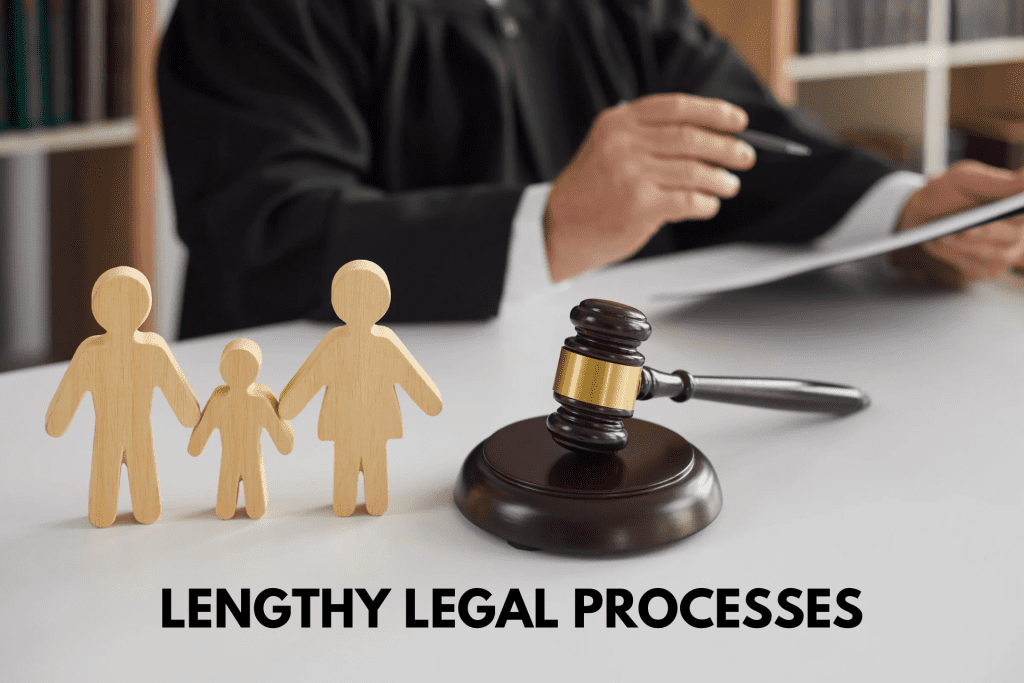
Australia’s real estate market is dynamic, competitive, and rewarding for those who know how to navigate it. For property investors, whether you’re just starting or have an established portfolio, there’s one critical element that often gets overlooked—estate planning. As an investor, your primary focus might be on securing the next lucrative property deal, but have you thought about what happens to your hard-earned assets when you’re no longer here? Failing to have a will or a proper estate plan can lead to chaos for your heirs, financial losses, and unnecessary legal complications.
What is a Will and How Does It Work?

A will is a legal document that sets out how you want your assets, including real estate, to be distributed after your death. It allows you to appoint an executor, someone you trust to manage the distribution process, settle debts, and handle any outstanding legal obligations. Having a will in place means that your wishes are clear and legally binding, reducing the risk of disputes or misinterpretations among your beneficiaries.
In the context of property ownership, a will ensures that your assets—whether it’s a family home or an investment portfolio—are passed on according to your specifications. You can also use your will to set terms on the distribution of property, such as selling it to cover debts or passing it on to specific family members. Without a will, these crucial decisions are left to intestacy laws, which may not reflect your preferences.
Tackling The Silent Risk- The Why is it a Problem if You Don’t Have a Will?
If you own property and die without a will, you leave your estate “intestate.” This means the distribution of your assets will be determined by state laws, which may not align with your wishes. In Australia, each state has its own intestacy laws that dictate who will inherit your property. For instance, the estate might automatically be divided among your spouse and children, even if you intended to leave it to other family members or charitable organizations.
1. Unintended Heirs and Conflicts
One of the most significant issues with not having a will is that your property could end up in the hands of unintended heirs. For instance, in a blended family situation, intestacy laws may grant property to biological children over a current spouse or stepchildren, leading to family conflicts and legal battles. According to Cronin Miller, a leading wills and estates lawyer based in Brisbane, the number of inheritance disputes has seen a substantial rise over the past five years, and this trend shows no indication of slowing down.
2. Lengthy Legal Processes

Without a will, the process of distributing your assets can take much longer. When an estate is intestate, it must go through the legal process of probate, which can delay the transfer of property for months or even years. This is especially problematic if you have rental properties or investment assets generating income that your beneficiaries will need access to. The lack of a will can freeze those assets, causing unnecessary financial stress.
3. Additional Costs and Taxes
Dying without a will can also result in higher legal costs for your heirs, as they may need to hire lawyers to navigate the probate process. While Australia does not have an inheritance tax, capital gains tax (CGT) could apply to properties that are inherited and later sold, depending on how the assets are structured. Proper estate planning can help minimize these tax liabilities.
Estate Planning: Why is it Important for Savvy Investors?
For property investors, estate planning goes beyond just drafting a will. It involves a comprehensive approach to ensure that your property portfolio is protected and transferred according to your wishes, while also minimizing legal fees and tax implications. The importance of estate planning for investors can’t be overstated, especially in Australia’s complex and competitive real estate market.
1. Preserving Wealth for Future Generations
Estate planning allows you to preserve your wealth for future generations by clearly outlining how your assets should be managed or sold. Without proper planning, your properties could be sold off or divided inefficiently, eroding the value of your estate. By creating a structured estate plan, you ensure that your portfolio remains intact and continues to generate wealth for your heirs.
2. Minimizing Tax Liabilities
As an investor, you need to consider the tax implications of passing on property. With the right estate planning strategies, such as using family trusts or gifting property, you can significantly reduce the capital gains tax that might be applied when your heirs inherit or sell the property. Capital gains tax can be substantial on investment properties, making it essential to plan ahead to protect your beneficiaries from large tax bills.
3. Streamlining the Process
A well-executed estate plan helps streamline the process of transferring assets, reducing the likelihood of lengthy legal disputes and ensuring that your properties are distributed efficiently. This is particularly important for investors with a large portfolio or properties located across multiple states, where different laws and tax rules apply.
The Three Must-Have Components of an Estate Plan
While a will is a vital part of your estate plan, it is not enough on its own. For a comprehensive approach, you should incorporate two other essential elements: power of attorney and guardianship.
1. Will
Your will is the foundation of your estate plan. It outlines how your assets will be distributed and names an executor to oversee the process. Make sure your will is updated regularly, particularly after major life events such as marriage, divorce, or the acquisition of new properties. A well-drafted will can save your family from the confusion and heartache of navigating intestacy laws.
2. Power of Attorney
A power of attorney (POA) grants a trusted individual the authority to make decisions on your behalf if you become incapacitated. This is particularly important for property investors, as it ensures that someone you trust can manage your portfolio, pay bills, and collect rent in the event you are unable to do so yourself. You can designate a general POA, which is limited to a specific period or task, or an enduring POA, which remains valid even if you lose mental capacity.
3. Guardianship
For those with minor children, a guardianship clause in your estate plan is crucial. It ensures that your children are cared for according to your wishes. Without a designated guardian, the courts will decide who takes custody of your children, which may not align with your preferences. This is particularly important for single parents or those in blended families.
Closing Thoughts
In Australia’s thriving real estate market, estate planning isn’t just a legal formality—it’s a necessity for property investors. Without a will and comprehensive estate plan, you risk leaving your property assets vulnerable to legal disputes, unintended heirs, and significant tax liabilities. A well-structured estate plan, including a will, power of attorney, and guardianship, ensures that your investments are protected and transferred according to your wishes, preserving your legacy and securing financial stability for your loved ones. As a savvy investor, protecting your property and your family’s future should be your top priority.


One Response
Great Article Bharat. Could you please also guide us how to get authentic will done as I see so many different options in the market e.g. will document sold by Australia Post. I am confused which is the right or authentic Will? How do I ne know? Could you please advise 🙏🏻
Comments are closed.